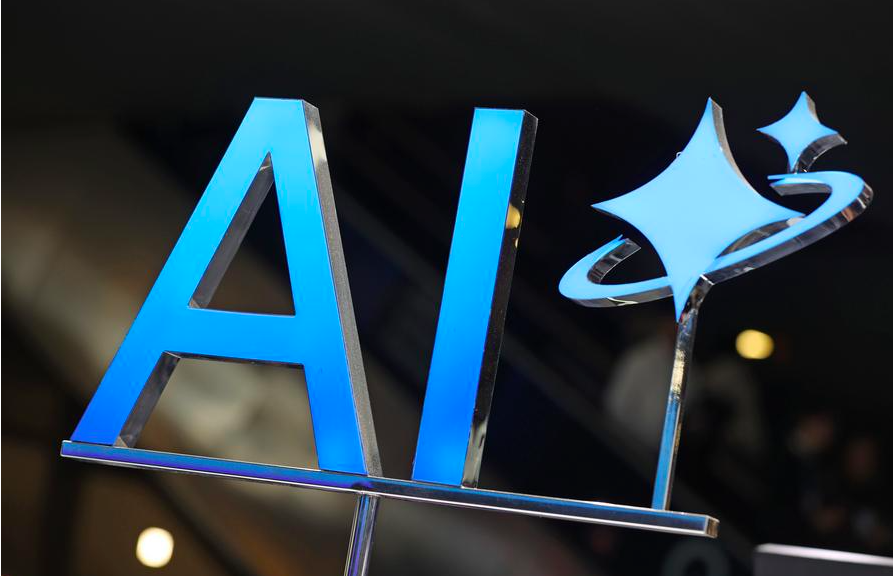

OpenAI released Thursday GPT-5, its most advanced artificial intelligence (AI) model to date, calling it a "significant leap" in intelligence over its previous models.
CEO Sam Altman described it as "having a team of PhD-level experts in your pocket," underlining the model's readiness to serve users across fields and skill levels.
The system is now available to all ChatGPT users, with paid subscribers receiving broader access. For 200 U.S. dollars per month, the Pro plan unlocks unlimited usage and enhanced performance for an individual user.
OpenAI says GPT-5 is faster, more accurate and more capable than its predecessors, with notable gains in reasoning, coding and creative writing. The company also claims it has sharply reduced hallucinations and improved reliability.
Altman emphasized that while the model marks a giant step toward artificial general intelligence (AGI), the model still falls short of that elusive goal.
"This is clearly a model that is generally intelligent, although I think in the way that most of us define AGI, we're still missing something quite important," he told reporters on Wednesday ahead of the release, pointing to features like the absence of continuous learning after deployment.
GPT-5's rollout also raises fresh questions for businesses seeking to protect their content from being used or replicated by AI.
"As AI content becomes more convincing, we need to ask ourselves -- are we protecting the people and creativity behind what we see every day?" Grant Farhall, chief product officer at Getty Images, told BBC. "Authenticity matters -- but it doesn't come for free."
Farhall said it was important to examine how AI models are trained and to ensure creators are compensated when their work is used.
Earlier in the week, rival Anthropic rolled out an updated version of its Claude chatbot, joining Google and other competitors in a race to surpass one another on AI performance benchmarks
















